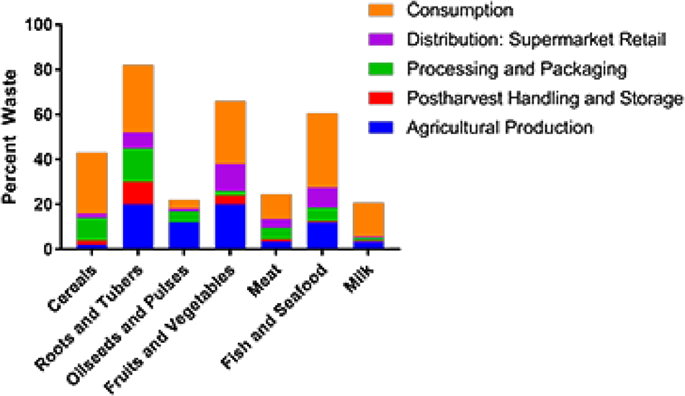npj Science of Food ( IF 6.3 ) Pub Date : 2018-10-29 , DOI: 10.1038/s41538-018-0028-2 Stephanie M. Andler , Julie M. Goddard

|
Food processing generates byproduct and waste streams rich in lipids, carbohydrates, and proteins, which contribute to its negative environmental impact. However, these compounds hold significant economic potential if transformed into revenue streams such as biofuels and ingredients. Indeed, the high protein, sugar, and fat content of many food waste streams makes them ideal feedstocks for enzymatic valorization. Compared to synthetic catalysts, enzymes have higher specificity, lower energy requirement, and improved environmental sustainability in performing chemical transformations, yet their poor stability and recovery limits their performance in their native state. This review article surveys the current state-of-the-art in enzyme stabilization & immobilization technologies, summarizes opportunities in enzyme-catalyzed valorization of waste streams with emphasis on streams rich in mono- and disaccharides, polysaccharides, lipids, and proteins, and highlights challenges and opportunities in designing commercially translatable immobilized enzyme systems towards the ultimate goals of sustainable food production and reduced food waste.
中文翻译:

转化食物垃圾:固定化酶如何将废物流转化为收益流
食品加工会产生富含脂质,碳水化合物和蛋白质的副产品和废物流,这对其环境造成负面影响。但是,如果将这些化合物转化为诸如生物燃料和成分之类的收益流,则具有巨大的经济潜力。的确,许多食物废物流中的高蛋白质,糖和脂肪含量使其成为酶促增价的理想原料。与合成催化剂相比,酶在进行化学转化时具有更高的特异性,更低的能源需求和更高的环境可持续性,但是其差的稳定性和回收率限制了其在天然状态下的性能。这篇评论文章概述了酶稳定和固定化技术的最新技术,











































 京公网安备 11010802027423号
京公网安备 11010802027423号